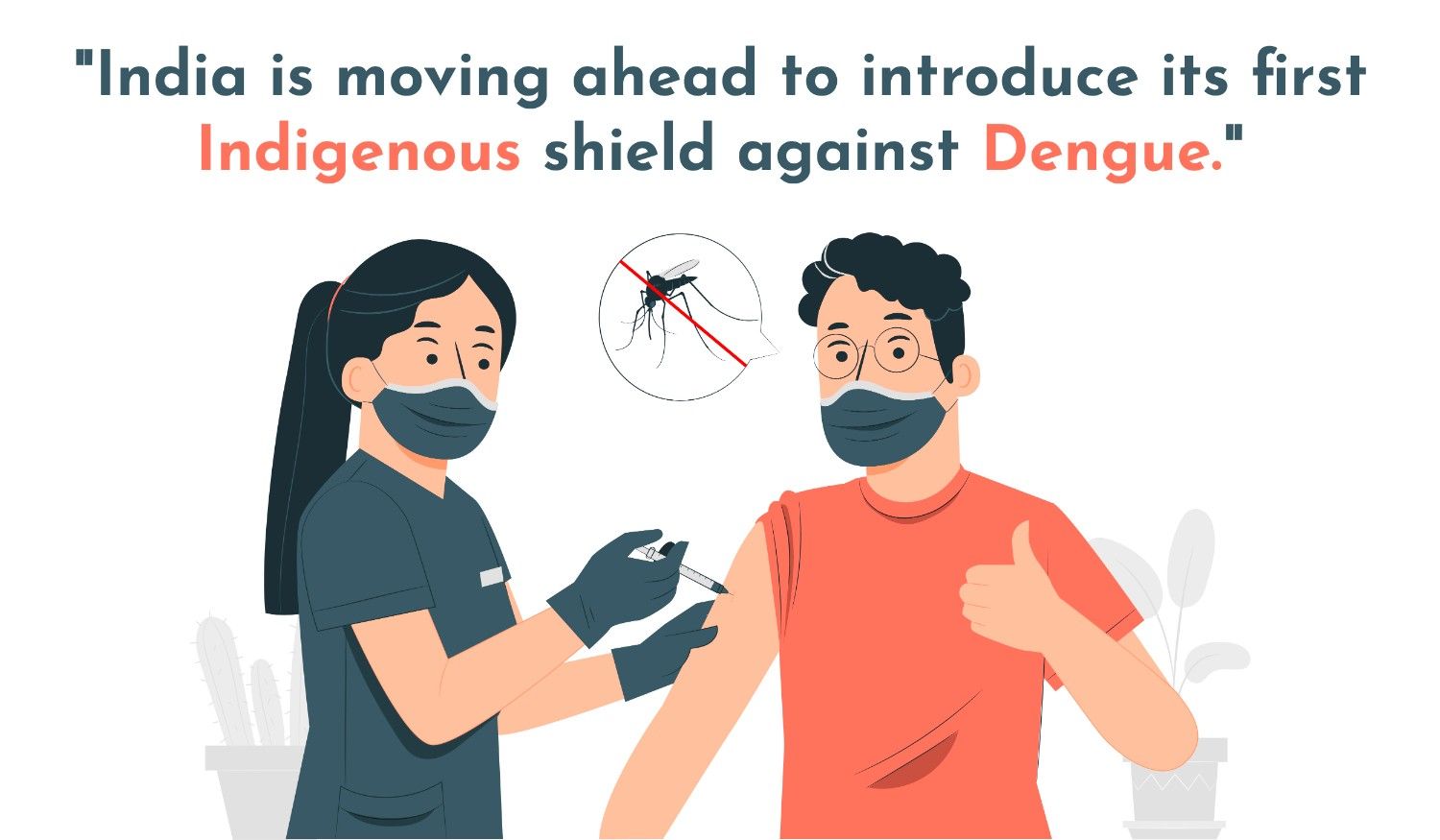
India May Soon Get Its Own Dengue Vaccine – Here’s What to Know
India could soon have its first dengue vaccine made entirely at home. It’s called DengiAll and experts say it could become a big step in protecting people from this common mosquito-borne disease. Every year, dengue spreads across many parts of the country, especially when the monsoon hits. A vaccine like this has been long overdue.
Why This Vaccine Is So Important?
Dengue isn’t new. It’s been around for years and it’s getting worse in many areas. The virus spreads through mosquito bites and can lead to serious illness. People suffer from high fever, body aches, and in some cases, life-threatening complications.
- Around 1.5 to 2 lakh people get sick from it in India every year.
- There hasn’t been a vaccine available here for regular public use.
That’s what makes DengiAll worth paying attention to. It's not just a new product, it’s something that could prevent thousands of hospital cases each year.
Who’s Behind DengiAll?
The vaccine is being made by Panacea Biotec, an Indian company, using technology licensed from the U.S. National Institutes of Health (NIH).
India’s top health research agency, the Indian Council of Medical Research (ICMR) , is leading the clinical trials.
Where Things Stand Now
Right now, DengiAll is in Phase III testing, the last and biggest stage before a vaccine is approved.
- 7,000+ people have already joined the trial
- Goal: 10,355 healthy volunteers
- Trials are happening across 20 research sites in India
- Participants receive either:
- The real vaccine
- Or a placebo
- Doctors will monitor participants for:
- Safety
- Immune response
- Effectiveness
The plan is to finish enrollment by October 2025 and follow participants for two more years after vaccination.
What This Could Mean
If the trials go well, DengiAll could finally bring India a vaccine solution for dengue.
- Might reduce severe infections and hospitalizations
- Especially useful in areas with recurring outbreaks
- One-dose format makes rollout easier and faster
Beyond that, this project shows what Indian research and healthcare can do. It’s a great example of what’s possible when local companies and global science teams work together.
